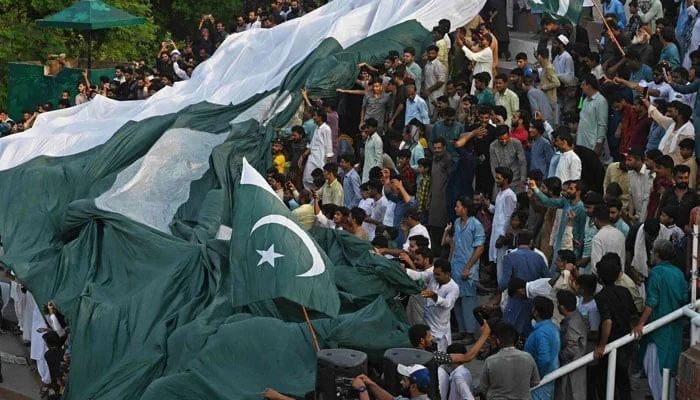Pakistan’s Military Victory Over India Sparks National Pride and Political Boost
In a powerful display of strength and strategy, Pakistan’s military victory over India has reshaped the country’s political and public landscape. The outcome of the recent conflict has brought overwhelming national pride. It has also elevated the popularity of the military leadership and the government.
This historic win is being called one of the most significant turning points in Pakistan’s recent history. The people of Pakistan responded with celebration. Streets in several cities filled with citizens waving flags and praising the armed forces. Support for Chief of Army Staff (COAS) General Asim Munir and Prime Minister Shehbaz Sharif has surged dramatically.
Political analysts are calling the military triumph rare and decisive. Public admiration for both the military and civilian leadership has reached new highs. This success, they say, has reinforced Pakistan’s current political structure — a blend of democratic governance with strong military presence, often termed a “hybrid democracy.”
According to observers, the military success has further legitimized this model. Meanwhile, opposition groups, especially Pakistan Tehreek-e-Insaf (PTI), appear more sidelined than ever. PTI’s past criticism of the military has lost traction amid growing public support for the armed forces.
The effects of the armed forces’ win are also visible in Pakistan’s economy. The Pakistan Stock Exchange recorded a historic surge on Monday, reflecting renewed investor confidence. Support from the International Monetary Fund (IMF) and positive signals from US President Donald Trump regarding trade have added momentum to the country’s economic revival.
The military leadership, especially General Asim Munir, has experienced a dramatic rise in public respect. Once under fierce attack from PTI-led campaigns, the army now stands tall with renewed credibility. Its conduct during the confrontation is being hailed at home and abroad as disciplined, calculated, and highly effective.
Experts believe this battlefield victory will solidify the current balance of power. The leadership of PM Shehbaz, President Asif Ali Zardari of the Pakistan Peoples Party (PPP), and COAS Munir is expected to focus even more on economic growth and national unity.
While the future stance of PTI remains unclear, one thing is certain. Pakistan’s civil-military leadership has emerged stronger. General Munir now enjoys unmatched popularity. The armed forces have reinforced their key role as defenders of national sovereignty.
Prime Minister Shehbaz Sharif, once viewed mainly as a skilled administrator, has gained recognition on the international stage. His efforts to rebuild global trust and maintain harmony with domestic allies like the PPP have positioned him as a central figure in the country’s future.


